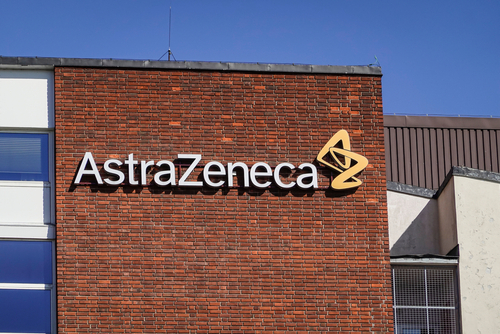
Phase three trials have resumed for the AstraZeneca-Oxford COVID-19 vaccine, AZD1222, after pausing for safety concerns raised when an enrollee came down with an unexplained illness that was later determined to be unrelated to the experimental vaccine.
One of the leading candidates in the worldwide push to create a vaccine for SARS-CoV-2 — the virus that causes COVID-19 — AZD1222 was given the go-ahead to resume by the Medicines Health Regulatory Agency (MHRA). This followed investigations and recommendations from an independent UK committee. Despite the nature of the pause, though, no further information on the medical incident that led to it is available — neither AstraZeneca nor the University of Oxford could divulge further medical information.
The vaccine candidate was co-invented by the University of Oxford and its spin-out company, Vaccitech. It is based on a weakened version of a common cold virus that causes infections in chimpanzees. It also includes the genetic material of the SARS-CoV-2 virus spike protein, which readies the immune system to attack the virus when it infects the body.
Trials of AZD1222 are being undertaken globally, from the United States to the United Kingdom, Brazil, and South Africa. Thousands of participants are being given twin doses of either AZD1222 or a saline control, as researchers hone in on the vaccine’s efficacy, safety, and immune responses.




